Is Bulgaria Safe? 10 Important Insider Travel Tips
If you’re wondering is Bulgaria safe to travel, here’s the truth:
Bulgaria is safe to visit. Use common sense, avoid risky behaviors, and you should have no problems traveling around the country. While some areas have higher crime rates, most tourists, including US citizens, can enjoy a safe trip by staying alert, even when walking at night.
Don’t be afraid to ask for help. Stay vigilant and don’t let anyone get too close to you.
As a Bulgarian who’s lived several decades in the Balkan country without ever being robbed or feeling threatened, I want to share my top 10 insider travel safety tips, so you can have an amazing trip to Bulgaria.
Ready to explore?
Let’s dive right in!
Disclaimer: This post contains affiliate links. If you purchase something through one of them, I may receive a small commission at no extra cost to you. Thank you for helping me create free content on this website!
Is Bulgaria Safe to Visit in 2024?
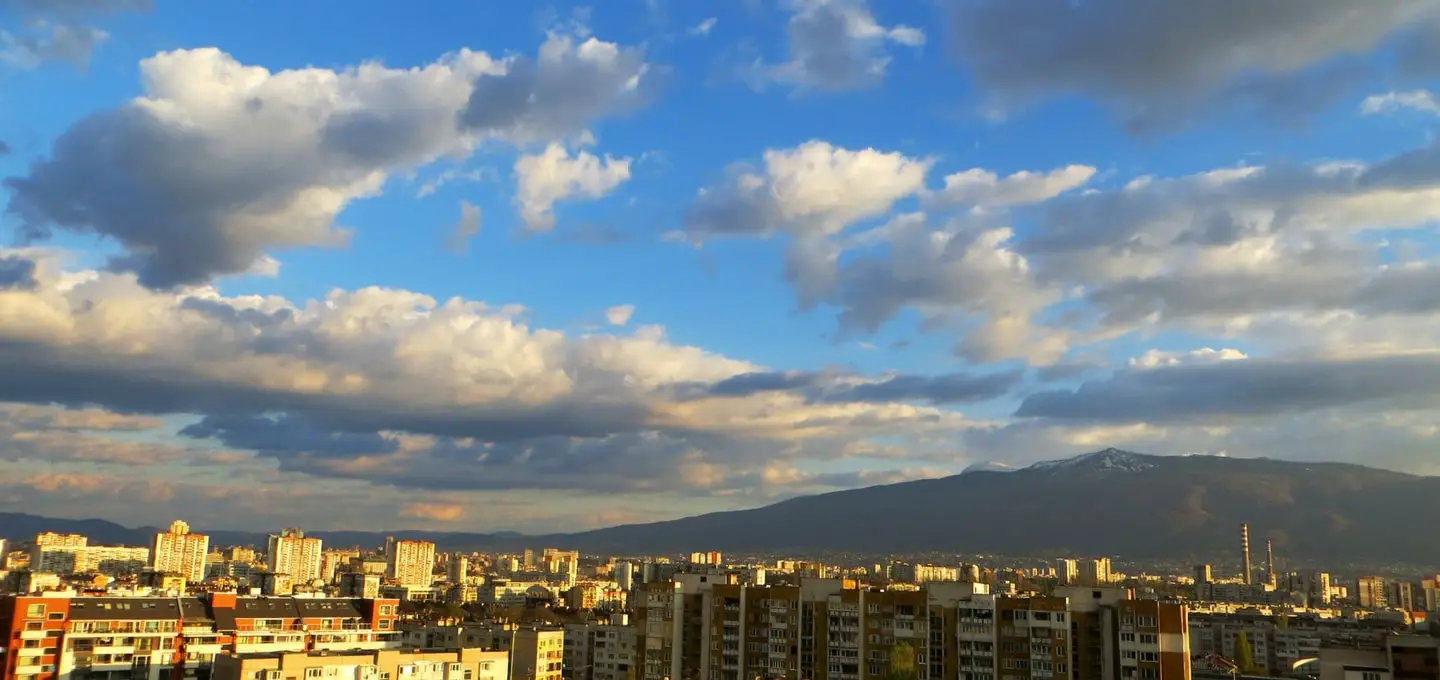
As a tourist, you won’t have any issues visiting Bulgaria in 2024.
The country remains mostly unaffected by the ongoing war between Russia and Ukraine.
The migrants, who are taking over other parts of Europe, don’t stay long in Bulgaria.
And the political corruption only affects locals but not travelers.
We don’t participate in military conflicts. The crime rates are quite low, according to statistics. We don’t engage in heated political debates and public protests are non-violent. Moreover, we’re tolerant towards different religions and ethnicities, which coexist in Bulgaria without conflicts.
The only thing travelers must keep in mind is petty crimes and violence on the roads.
If you’re aware of your surroundings and don’t walk drunk at night, you will stay safe in Bulgaria.
So, is Bulgaria safe? Yes, it is, especially if you follow my important insider tips for traveling the country.
Top 5 Safest Places to Visit in Bulgaria
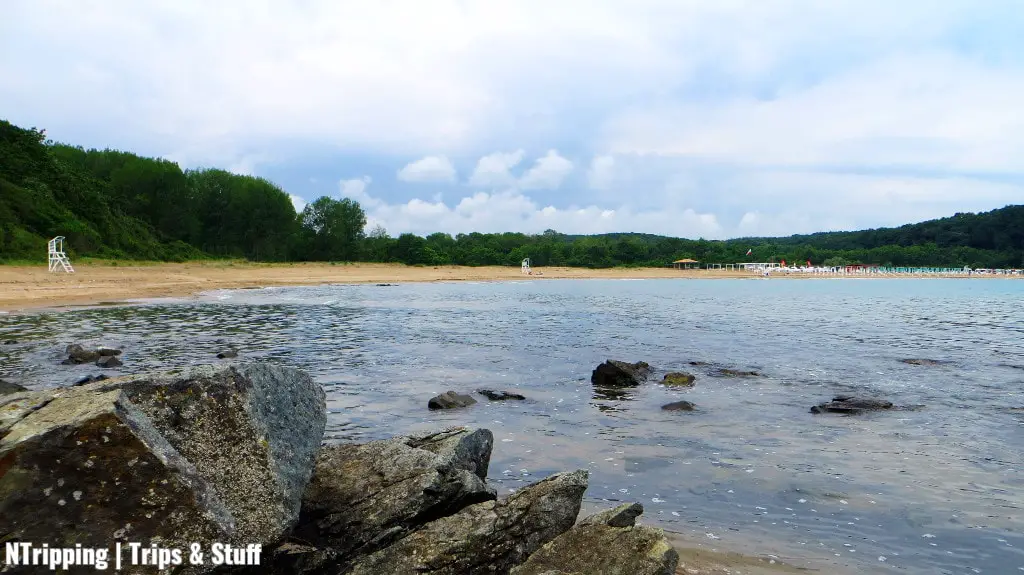
Is Bulgaria safe to visit? Well, some places are safer than others.
In Bulgaria’s cities, the centers are usually very safe, while it’s better to avoid the poorer residential areas.
Below are my top 5 safest places to visit in Bulgaria:
- Sofia: the city center is quite traveler-friendly. There are also a ton of amazing things to do in Sofia. Check out which scams and areas you should avoid in the sections below.
- Plovdiv: the Old Town and the city center are very safe for tourists.
- Other Bulgarian big cities: all major cities, such as Varna, Veliko Tarnovo, Burgas, and Stara Zagora are safe to visit if you avoid certain neighborhoods.
- Hidden Black Sea beaches: if you visit Bulgaria on a beach vacation, I recommend going to the more secluded coastal towns and beaches.
- Countryside: the Bulgarian countryside is very safe to visit. Don’t be afraid to venture off the beaten path and explore places such as Melnik, Velingrad, and Koprivshtitsa on road trips or day trips from Sofia.
Top 5 Places to Avoid Visiting in Bulgaria
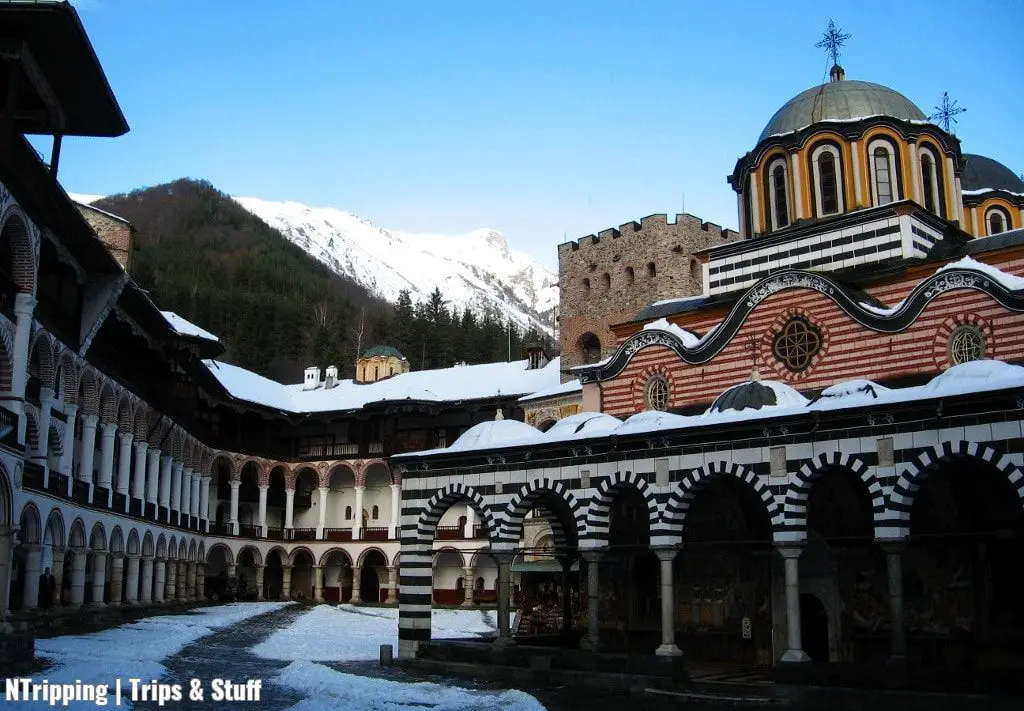
In any country you travel, there are places you should avoid.
In Bulgaria, these include residential areas in the bigger cities and some of the most touristy resorts. While your life will hardly ever be in danger, your vacation mood and your wallet might suffer in these spots.
Here are my recommendations for 5 places to avoid in Bulgaria if you want to stay safe:
- Dodgy neighborhoods: in Sofia, these are Filipovtsi and Fakulteta Districts. In Plovdiv, avoid going to Stolipinovo. If you’re visiting Varna or Burgas, stay away from Maksuda and Meden Rudnik.
- Tourist towns on the Black Sea: the most touristy places on the Bulgarian Black Sea coast have the worst reputation. Avoid going to Sunny Beach and Golden Sands because of the travel scams, low quality of service, and questionable cleanliness.
- Ski resorts: while Bulgaria is worth visiting for its majestic mountains, the ski resorts are overpriced, overcrowded, and lacking quality service. Also, roads aren’t always well-maintained in winter.
- Back alleys at night: stray dogs, potholes, and dodgy characters might scare you in the dark back streets in big cities and resorts in Bulgaria.
- Highways and main roads at night: the transportation network in Bulgaria is in questionable condition. Moreover, the roads are poorly lit at night. On top of this, encounters with drunk drivers are not uncommon. For these reasons, I personally avoid driving at night when possible.
Travel Scams and How to Avoid Them When Visiting Bulgaria
The last section might have you questioning if Bulgaria is safe.
Most of the travel scams below are widely known and practiced in almost every destination on Earth.
However, a couple of them can’t be pulled off anywhere else but in Bulgaria. Since they’re very typical, you should read the following lines carefully before your trip.
Even I as a local have almost fallen for some of them! That’s how simple yet clever they are. But you can still easily avoid them when you know what to watch out for.
Here’s what you should know about traveling safely to Bulgaria.
1. The Fake Exchange Rate

Bulgaria is mostly a cash economy. Outside the capital Sofia, only major chains accept card payments.
Don’t exchange your money anywhere else but in banks. The Bulgarian currency Lev is tied to the Euro. The official exchange rate is €1.00 = BGN1.95 (approximately $1.00 = BGN1.80).
The trick dealers at exchange kiosks use is adding an extra digit to the exchange rate.
This means that for exchanging €1.00, you’ll only get BGN1.195. It’s hard to notice the difference and many people have fallen for this scam.
2. The Old, Invalid Banknotes
The currently valid Bulgarian banknotes and coins are issued after 1999.
You can check what they look like at the Bulgarian National Bank’s Official website.
Scammers might try to hand you old, invalid banknotes or coins when returning your change or exchanging money on the street.
The latter you should never do anyway.
This scam has been reported mostly at big, touristy places on the Bulgarian Black Sea coast. Not only should you be careful in such places, but my advice is to generally avoid visiting these unauthentic, overpriced, tourist traps.
3. The Beggars
You’ll encounter beggars in city centers and in touristy towns.
Never, ever, for no reason whatsoever, give them money!
No matter how miserable, poor, young, old, or disabled they appear to be, they are actually earning more money than you out of the goodness of people.
They’re organized in groups and begging is a lucrative business.
4. The Fake Taxis
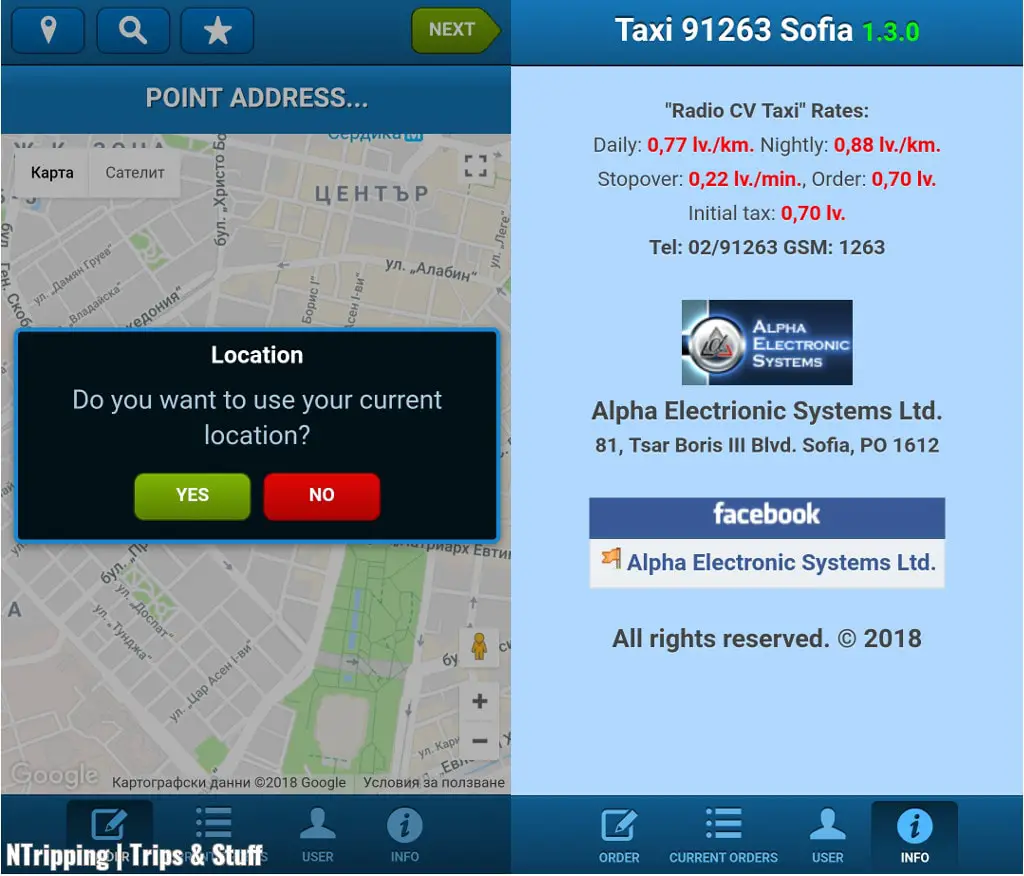
Inflated taxi rates aren’t something new. You can experience this scam in almost every big city or touristy place
However, fake taxi companies are something you should be extra careful about in Bulgaria.
In Sofia, there are a handful of well-known, established, and reliable taxi companies.
The scammers fake their stickers and make their cars appear as if they belonged to a reputable company. They only change a letter in the logo of the company and a few digits in the telephone number.
The safest way to catch a taxi is by using one of the official apps or asking someone you trust to call you a cab.
5. The Pickpockets in Crowded Areas
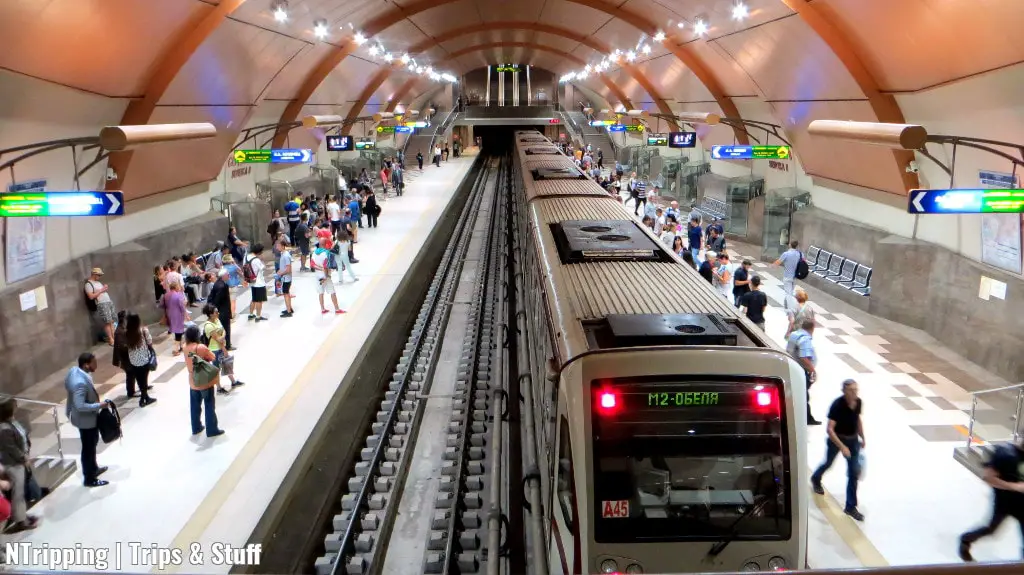
Large gatherings attract pickpockets like magnets everywhere in the world.
In Bulgaria, one of the most popular places for pickpockets to perform their “crafts” are jam-packed public transportation buses and trams.
Some are so good that they’ll manage to “relieve” you of your valuables even while waiting for a few seconds at a traffic light on a street corner.
To avoid being ripped, frequently check your belongings. Backpacks are not suitable for crowded places and if you must carry your valuables in one, put it in front of you.
The best way to evade being robbed is to always be aware of your surroundings. Don’t let anyone get too close to you. This means not getting on a crowded bus or tram, and waiting for the next one.
In Sofia, the safest way to travel by public transport is the metro. The constant police presence and video surveillance make it hard for pickpockets to get away with your belongings.
On top of that, one of the most interesting facts about Sofia is that many of the metro stations display art and historic artifacts. Check out Serdica II if you want to admire Roman antiquities.
6. The “Free” Gift
Sometimes in the streets or at underpass exits, a stranger might hand you something small: a postcard, a tiny Christian icon, or a bracelet.
The person will insist it’s free and it’s a gift for good luck, good fortune, or whatever other reason.
The moment you take it, they’ll tell you that you have to pay them. They’ll follow you around and won’t accept to take back the object they insisted on giving you.
So after you get annoyed, you’ll budge and give them money.
This is a popular trick played on tourists all over the world. I’ve witnessed it in multiple destinations. Don’t fall for it – simply deny anything from anyone you don’t know.
7. The Inflated Bill

Before paying your bill at the restaurant or handing over your money to the bartender, make sure they’ve asked for the correct amount.
Sometimes you’ll find an extra salad or a beer you didn’t order on the bill. Rarely it’s an honest mistake, more often it’s your waiter trying to make a few bucks on the side.
Be polite and point out the error. Most of the time, they’ll apologize and recalculate your bill.
8. The Absent Ticket
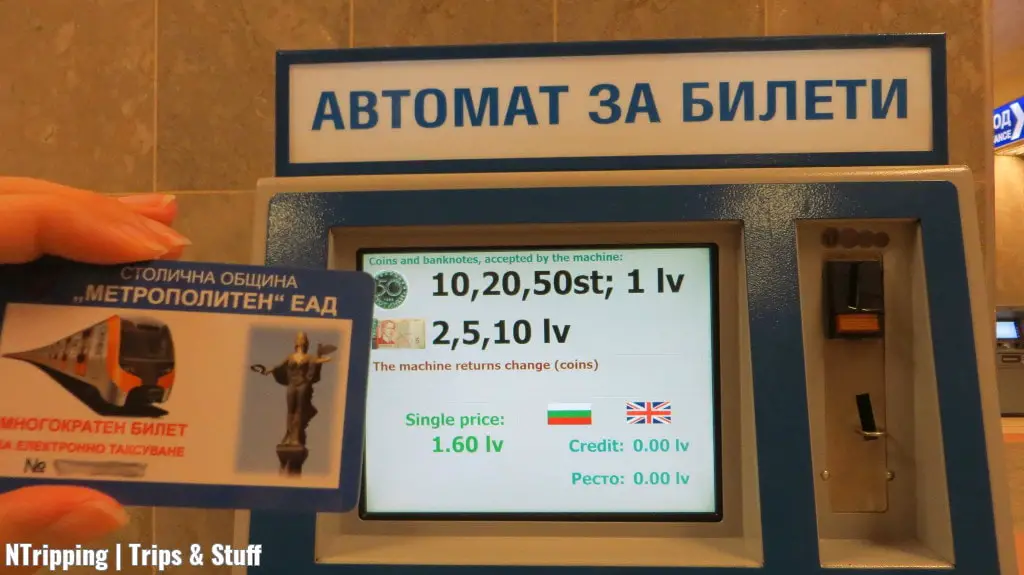
When traveling in Bulgaria, you have to buy your transportation ticket in advance.
Theoretically, it’s possible to buy it from the driver. But it’s almost impossible to receive a ticket unless you have an exact change.
The most popular place to pull this scam is at Sofia Airport. If you want to use public transportation to get to your accommodation, remember to buy a ticket BEFORE you hop on the bus or metro.
Tourists have reported that they caught the bus from the airport without tickets. The driver refused to sell them because they didn’t have exact money. Moments after the bus departed, they were fined for not having valid tickets.
When using the metro, remember that tickets are only valid at the time and from the station of purchase.
9. The Dark Back Alleys
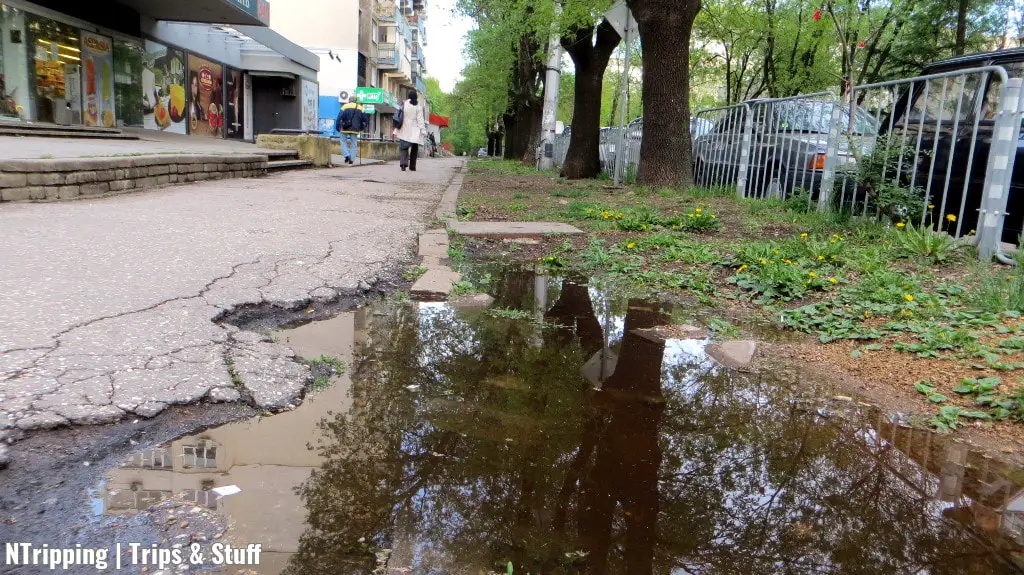
Sadly, most back alleys in Bulgaria are poorly lit at night.
This doesn’t necessarily mean that you’ll be mugged if you wander on foot to your accommodation. It simply means that it might be dangerous to do so as obstacles are often in your way.
It is still safe to walk at night in Bulgaria, it’s just unpleasant.
Take a longer route and use the main streets to walk home or call a cab to take you there. The risk is not worth it, especially if you’ve just had a few drinks and are not fully focused.
(By the way, the pothole in the photo above has since been fixed. The sidewalk is now quite nice to walk on. But not all sidewalks are, unfortunately. )
10. The Stray Animals
When walking the streets of any Bulgarian town, you’ll notice the presence of stray dogs and cats.
I get it, we all love animals. However, please suppress your urge to pet them, give them food, or – god forbid – take them with you. They carry countless diseases and can turn aggressive in a blink of an eye.
Unfortunately, the latter is also true for domestic dogs. Often, they walk the streets unleashed and might attack you for no apparent reason.
It’s safest to keep your distance and try to avoid confrontation with both the animal and its owner.
Is This a Scam: People Selling Small Things at Your Table
When eating out, sometimes old women might approach you, selling seasonal flowers.
Other times, young people might offer you keychains, pens, or small souvenirs at your restaurant table. They’ll leave them on the table alongside a note, saying that they’re produced by deaf or disabled people.
These are not scams. Instead of begging, these people are trying to earn a few extra bucks to be able to support themselves.
If you could spare a few coins, buy something small that you could either gift to someone else or keep as a reminder of how fortunate you are to travel to beautiful places like Bulgaria.
FAQs About Safety in Bulgaria
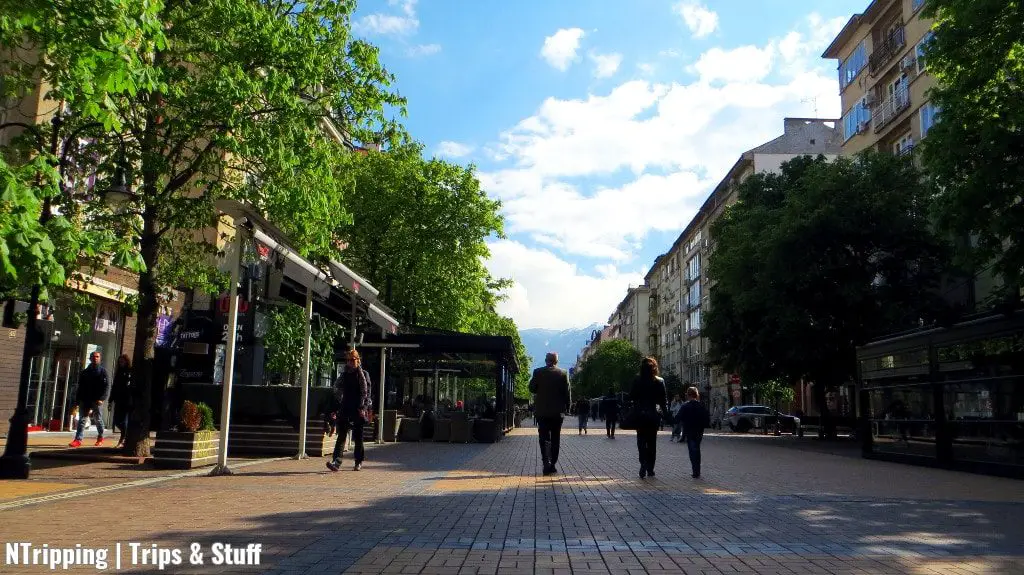
You didn’t find the answer you were looking for in the previous sections?
Don’t worry, we’re still not done!
Here are some more answers related to the question “Is Bulgaria safe”:
Is It Safe for Americans to Go to Bulgaria?
It is safe for US citizens to travel to Bulgaria. You can sign up for the Smart Traveler Enrolment Program (STEP), which allows you to receive travel alerts and will locate you in case of an emergency.
Is Bulgaria Safe to Walk at Night?
It’s perfectly safe to walk in Bulgaria at night. However, you should keep a few tips in mind.
Back alleys are usually poorly lit and potholes dot the streets and sidewalks. On top of that, stray dogs walk unattended. Don’t carry large amounts of cash or flashy jewelry.
If you decide to walk in Bulgaria at night, choose a broader, well-lit main street or bring a small flashlight with you.
Is Bulgaria Safe for Female Tourists?
If you’re worried if Bulgaria is safe for women, let me reassure you. Most places in Bulgaria, especially the large cities and the most famous landmarks, are very safe.
Take common-sense precautions, keep your valuables hidden and out of reach, and you’ll be perfectly safe as a (solo) female traveler in Bulgaria.
Is Bulgaria Safe for Families with Children?
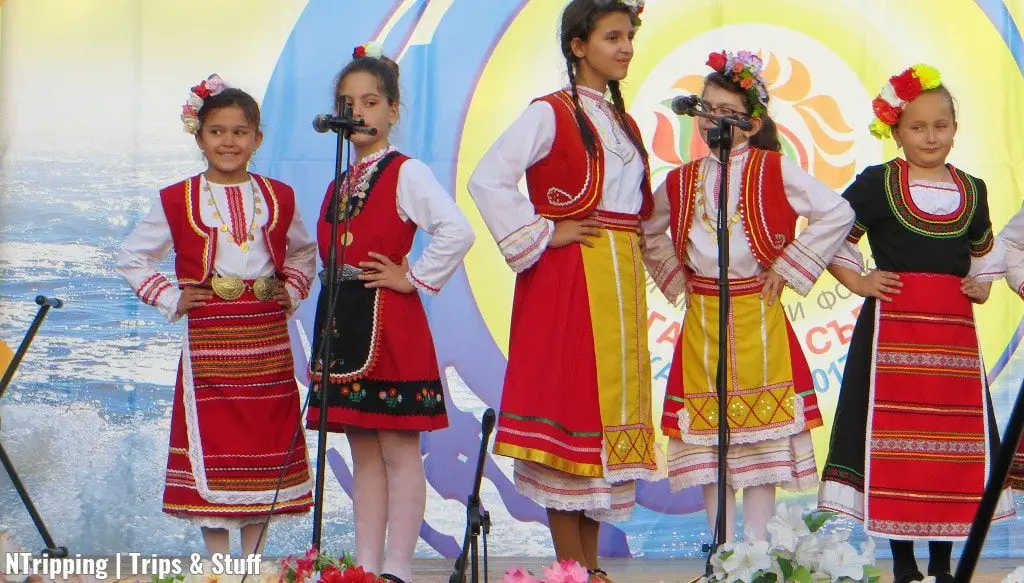
Bulgaria is safe for travelers visiting with their families. Hotel pools and resort beaches have lifeguards. Ski resorts provide ski lessons.
Many places offer discounts and special services for children. Still, you shouldn’t leave your kids unattended while enjoying your vacation in Bulgaria.
What Are the Emergency Numbers in Bulgaria?
The emergency number in Bulgaria is 112. It’s the same as in most of Europe.
You can dial it for free from your mobile.
Here are other direct emergency numbers you might want to save:
- For calling the police directly, dial 166.
- For the fire department, dial 160.
- And to call an ambulance, dial 150.
Is Bulgaria Safe – Now You Know the Answer
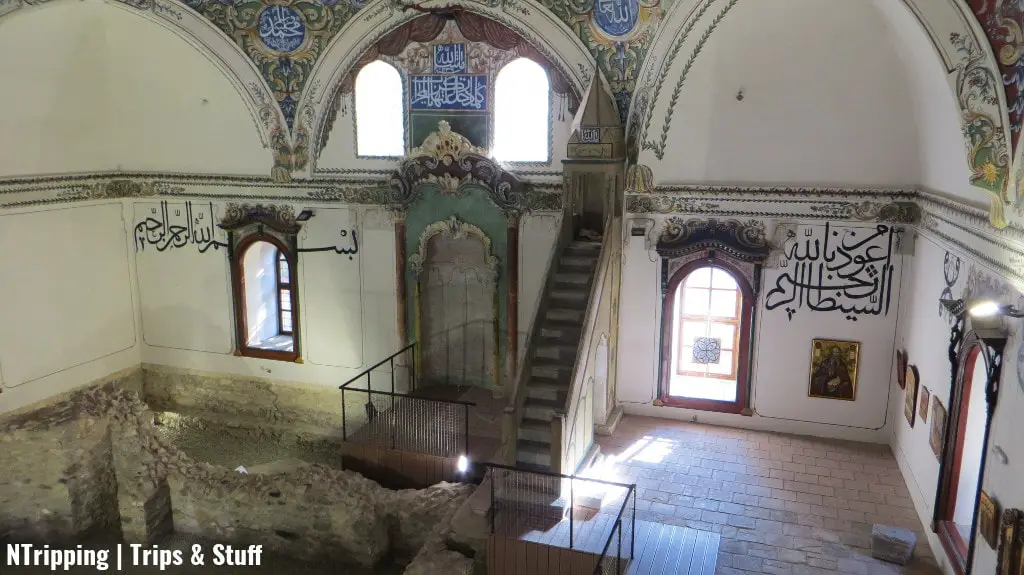
There you have it – the most comprehensive expert answer to the question “Is Bulgaria safe“.
If you avoid the touristy places and poor residential districts of the big Bulgarian cities, as well as follow my insider safety travel tips, you’ll have a blast visiting Bulgaria.
Don’t let the media scare you with its negativity. Bulgaria is safe for travelers and locals alike. And totally worth visiting!
Now, I’d like to hear it from you:
Have you traveled to Bulgaria? In your opinion, is Bulgaria safe?
Let me know in the comments below!
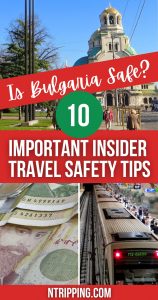
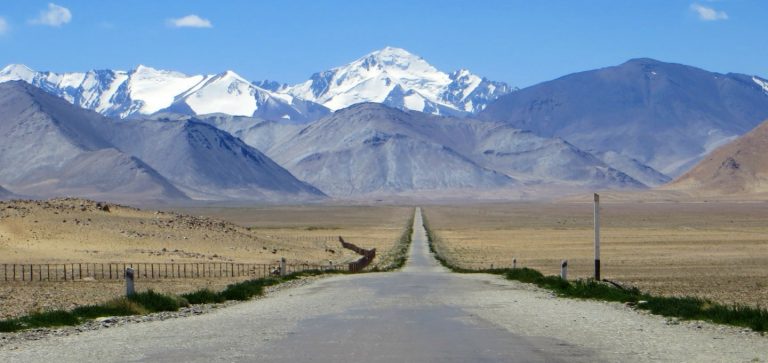
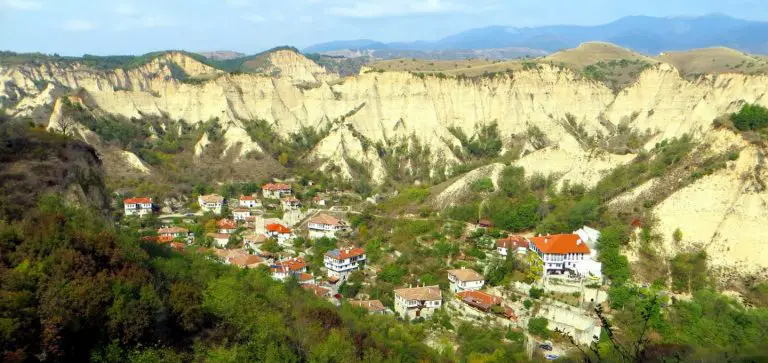
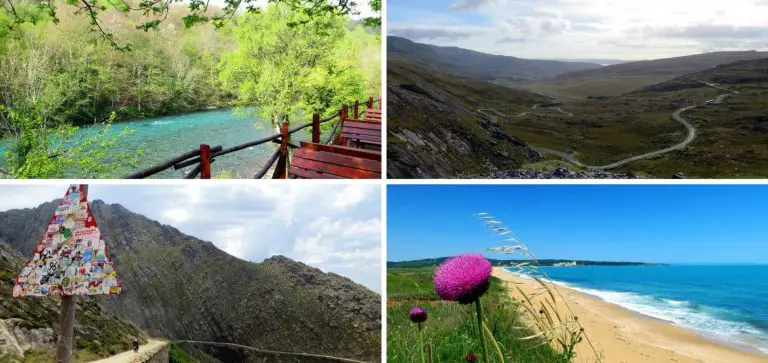
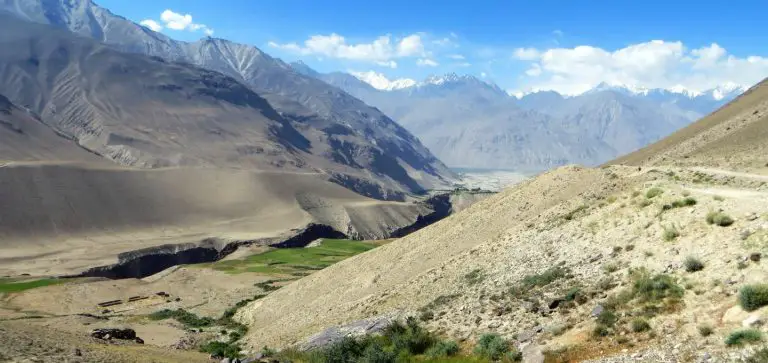
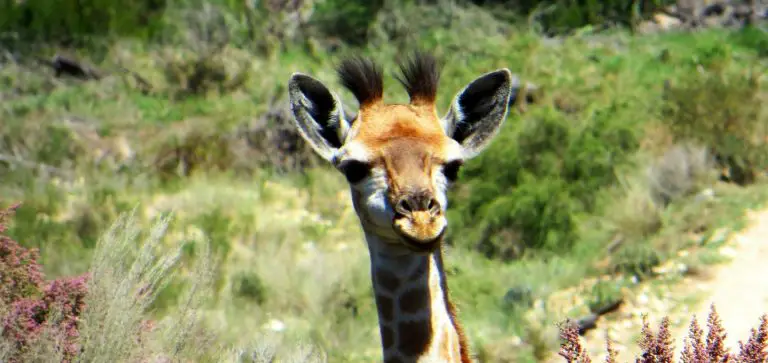
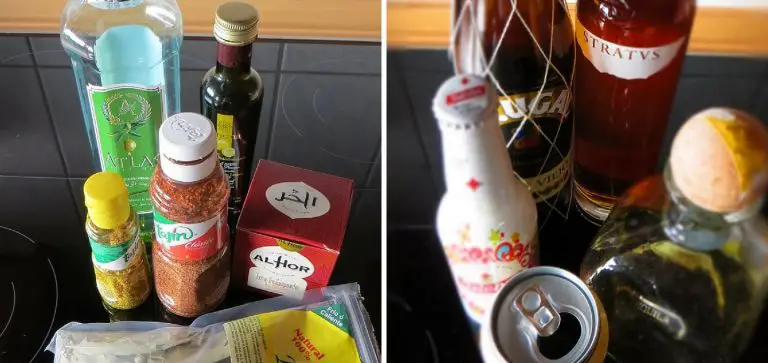
Thanks for sharing N! Very useful tips here. would say for tourists, the main one to watch is really the unlicensed/fake taxis. Otherwise, for the other scams, it should not be too painful :)
As for general safety, as long as one exercises common sense, the place is really safe. I have checked and found that for instance, victims of intentional homicide per 100,000 inhabitants per year in Bulgaria is only 1.1, even lower than Europe’s average of 1.6 and the global average of 8.2 in 2016!
So wishing all a good time in Bulgaria!
Thanks for commenting, David!
You’re right, Bulgaria is safe for tourists. In fact, it’s much safer than many popular travel destinations.
Fake and overpriced taxis are a problem anywhere in the world. The scams, which are typical for Bulgaria and I always warn visitors about, are the first and the second on the list. You can’t pull them off in many places :) Other than that, using common sense is all you need to stay out of trouble!
Cheers,
N.